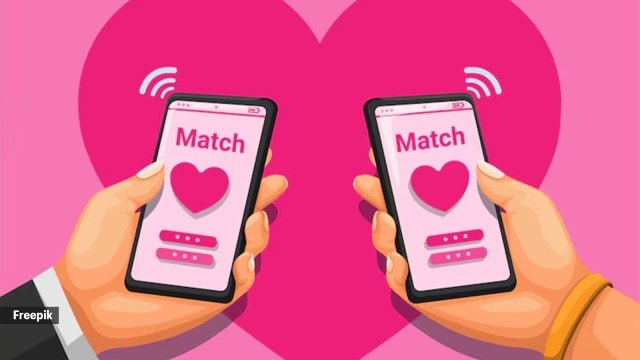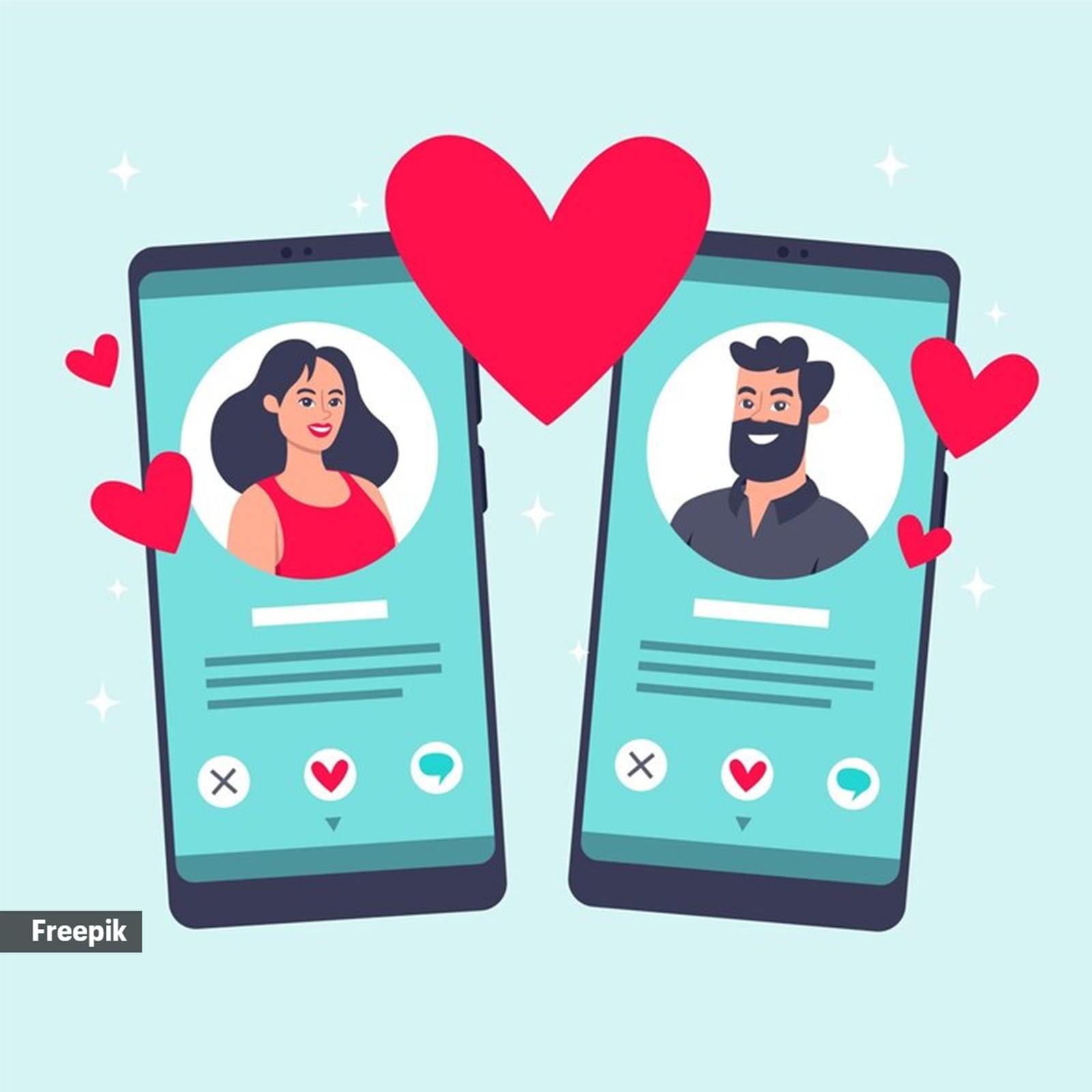📣 For more lifestyle news, click here to join our WhatsApp Channel and also follow us on Instagram
All about the dating app swipe culture habit driven by self-obsession, not connection
A new pattern of behaviour has emerged online -- one that involves constantly swiping and matching, but rarely engaging
 Love is hard enough without having to argue the basics, like whether billionaires should exist or not (Source: Freepik)
Love is hard enough without having to argue the basics, like whether billionaires should exist or not (Source: Freepik)Dating apps were designed to help people find love, companionship, or a meaningful connection. But not everyone using them is actually looking to date.
A new pattern of behaviour has emerged online — one that involves constantly swiping and matching, but rarely engaging. The motive? Not connection, but validation. This pattern now has a name: ego scrolling. Katie Dissanayake, CEO and founder of the dating app After, describes it as “the act of swiping through dating apps in search of easy validation rather than genuine connections or relationships.”
“You’re not even looking for a date — or often even a real conversation — you’re just seeking proof that you’re still desirable,” she told USA Today. While that may sound harmless, this kind of behaviour can lead to confusion, rejection, and even emotional harm for people who are genuinely seeking connection.
So, how can someone recognise if they are ego scrolling, and what steps can they take to shift toward more intentional dating behaviour?
Neha Cadabam, senior psychologist and executive director at Cadabams Hospitals, tells indianexpress.com, “Ego scrolling is a pattern where individuals swipe or browse through dating profiles not with the intention of connection, but more for a sense of validation, distraction, or even entertainment. One way to recognise this behaviour is by observing your mindset while using dating apps. Are you swiping out of boredom, stress, or a need to feel attractive, rather than curiosity about the other person?”
To shift toward more intentional dating, she says, it’s helpful to pause and reflect on what you’re really looking for, whether it’s companionship, meaningful conversation, or a long-term relationship. “Setting small boundaries like limiting swiping time, reading profiles more mindfully, and engaging in thoughtful conversations can help ground the experience.”
 The unpredictable nature of dating apps, where interactions often feel disposable, can trigger emotional burnout (Source: Freepik)
The unpredictable nature of dating apps, where interactions often feel disposable, can trigger emotional burnout (Source: Freepik)
What kind of emotional toll does ego scrolling have on individuals who are genuinely seeking connection?
For individuals earnestly seeking connection, repeated disinterest or ghosting can lead to feelings of inadequacy, self-doubt, and emotional fatigue. “Over time, this can contribute to a cycle of low self-esteem where users question their worth or start to internalise rejection as a reflection of their value,” observes Cadabam.
The unpredictable nature of dating apps, where interactions often feel disposable, can trigger emotional burnout, especially for those sensitive to social cues. It’s essential for users to remember that the digital space often does not accurately reflect their relational potential. “Grounding oneself in real-life social connections and seeking emotional support, whether through friends or therapy, can help buffer these effects and restore a sense of self-worth,” states the expert.
Avoidant attachment styles and ego scrolling
Cadabam mentions, “Individuals with avoidant attachment styles often experience discomfort with emotional closeness and may find ego scrolling a low-risk way to feel desired without the vulnerability of real connection. The controlled environment of swiping, where they can engage or disengage at will, offers a sense of emotional safety.”
She adds that breaking this pattern starts with gentle self-exploration. “Becoming curious about what intimacy means to them and acknowledging fears around closeness is a good first step. Psychotherapy can be beneficial here, as it creates a safe space to unpack these patterns.”
📣 For more lifestyle news, click here to join our WhatsApp Channel and also follow us on Instagram
- 01
- 02
- 03
- 04
- 05



























